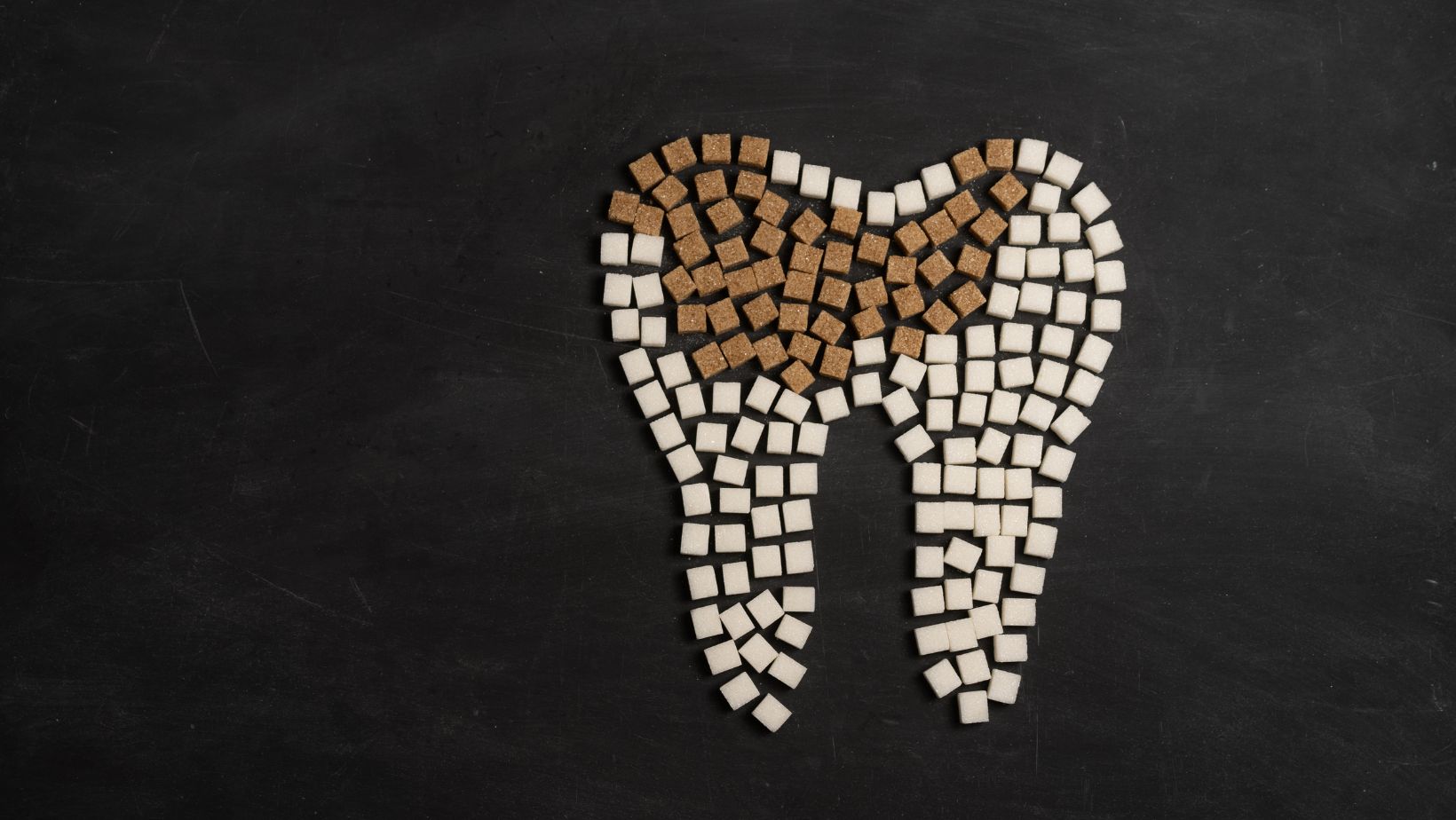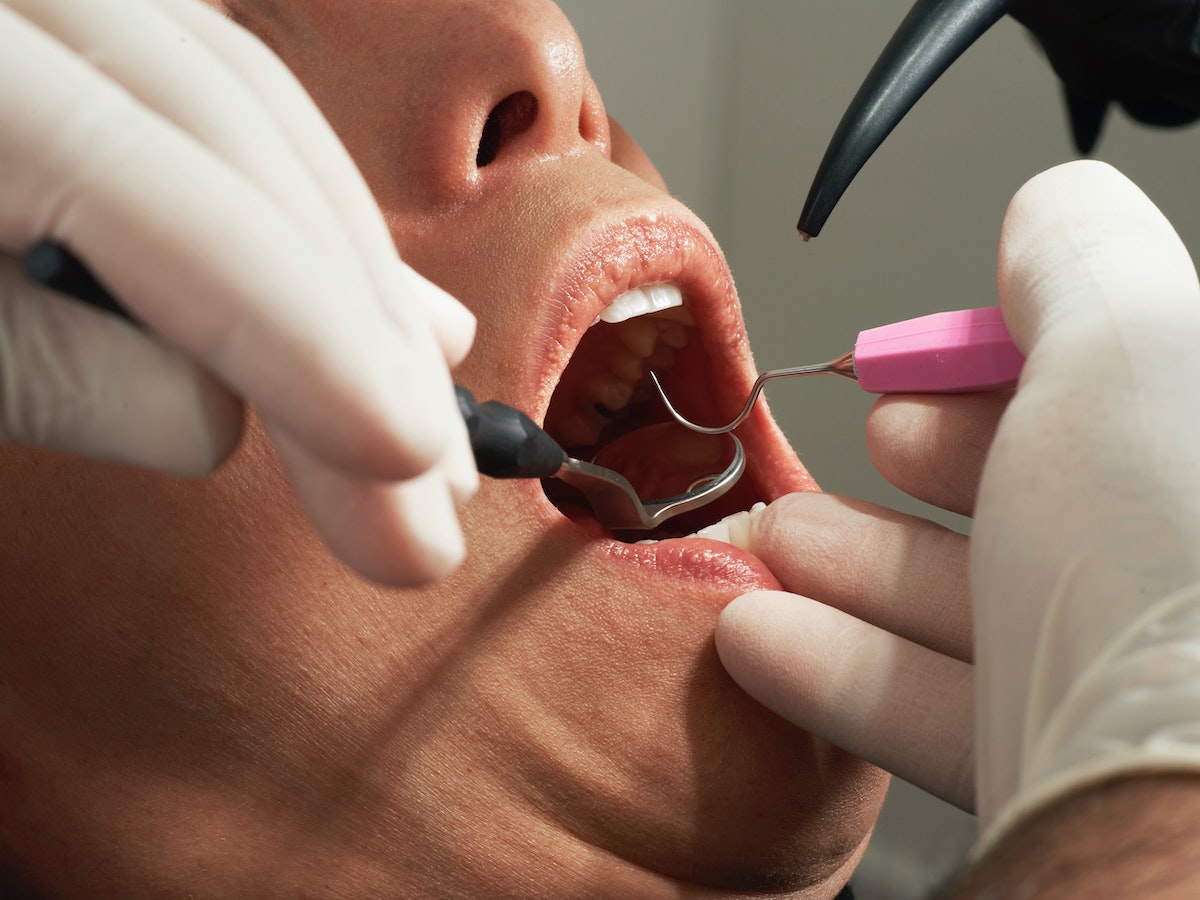When most people hear the word “cavity,” they think of a hole or opening in the surface of a tooth. But is it also possible to have a cavity that starts on the inside of a tooth? The simple answer is that dental caries—commonly known as cavities—start on the outside of teeth. However, there are...
Tag: <span>cavities</span>
How Often Do Dental Fillings Need to be Replaced?
According to the CDC, 90 percent of adults over 20 years old have had a cavity in a permanent tooth. Once a tooth has a cavity, decay must be removed to prevent further deterioration. The common fix is a dental filling. While fillings are considered a permanent solution to cavities, they will eventually wear out,...
Do Cavities Hurt? What Happens, and Why They Should Get Filled
Most people think that toothaches and cavities go together. While they often do, some cavities hurt very little or not at all—at first. Likewise, a tooth can experience pain without a cavity. Any cavity, whether it hurts a little, a lot, or not at all, should be taken seriously and fixed as soon as possible....
Can Adults Get Dental Sealants?
Dental sealants are a safe and effective way to prevent cavities for kids. But are they just for kids? After all, tooth decay can still happen at any age. Why shouldn’t adults get dental sealants, too? Instead of asking “can adults get sealants?” (the short answer: They can), a more relevant question is whether the...
What to do About Cavities Under a Dental Crown
Dental crowns are an effective tool in restoring damaged or decayed teeth. Even though crowns are not expected to last forever, patients might assume they no longer need to worry about getting a cavity in the crowned tooth. Unfortunately, it is possible to get cavities under a dental crown. And just like cavities anywhere else...
Severe Pain After a Filling: What to Do?
Dental fillings are the most common and safest treatments for tooth decay. When getting a filling, some minor pain and tooth sensitivity is normal. The pain usually goes away after a few hours, though, but sensitivity to hot and cold liquids might last up to a week. But what if there is severe pain after...
Can Cavities Go Away by Themselves? Why No One Should Put Off Dental Care
A cavity, simply put, is a hole in a tooth. In the early stages, a cavity may resemble an innocent white spot. But when left untreated, that cavity may cause more serious dental issues. Can cavities go away on their own? Unfortunately, no. A “Hole” Lot of Trouble Although many of us do our best...
Which Dental Fillings Are the Safest?
It is natural for people to have questions about any substance that is put into their body, and dental fillings are no exception. Some publications have raised concerns about the materials used in some fillings. Is there any cause for concern? And if so, which dental fillings are safest? The most recent research indicates that...
Should You Worry About a Possible Cavity on a Kid’s Baby Teeth?
It’s easy to think that a cavity on a kid’s baby tooth is no big deal. After all, baby teeth (also called primary teeth) are only temporary. So how important can they be? Actually, the condition of a child’s teeth can affect the adult teeth that will eventually replace them. It’s beneficial for parents to...
Symptoms of Cavities in Kids
One CDC report estimates that one in five children between the ages of 5 and 11 have at least one untreated cavity. In fact, tooth decay is the most common chronic disease for children in that age group. Unfortunately, that means that most kids will get a cavity sooner or later. The good news is...











